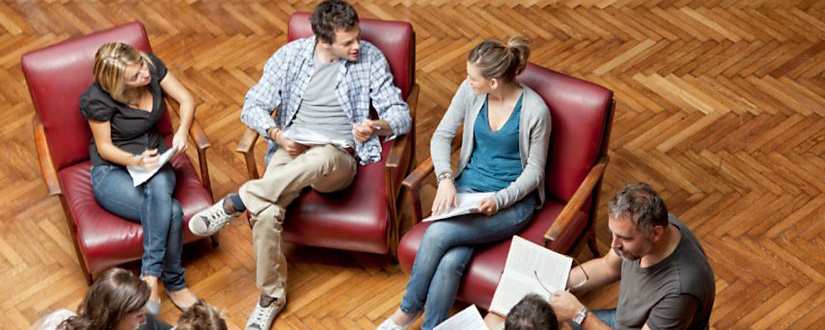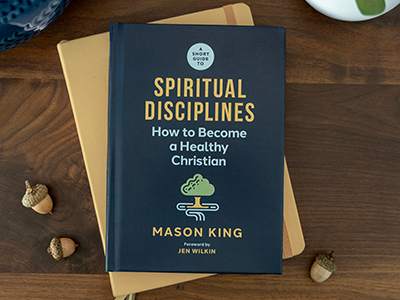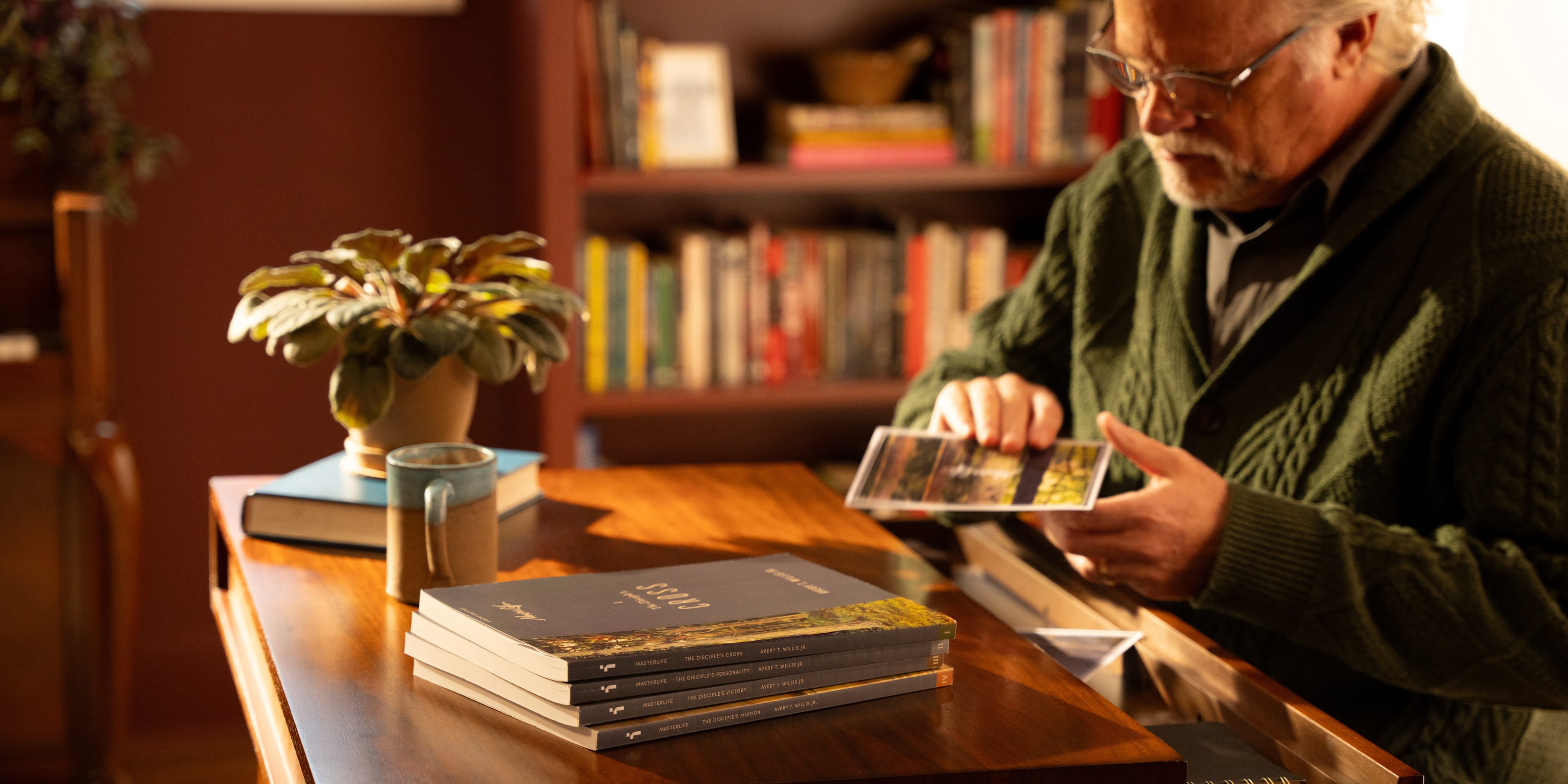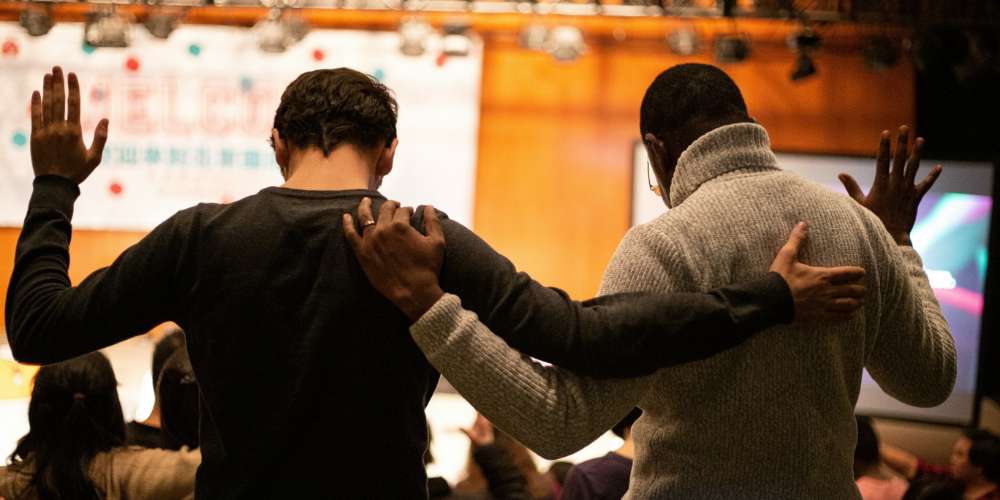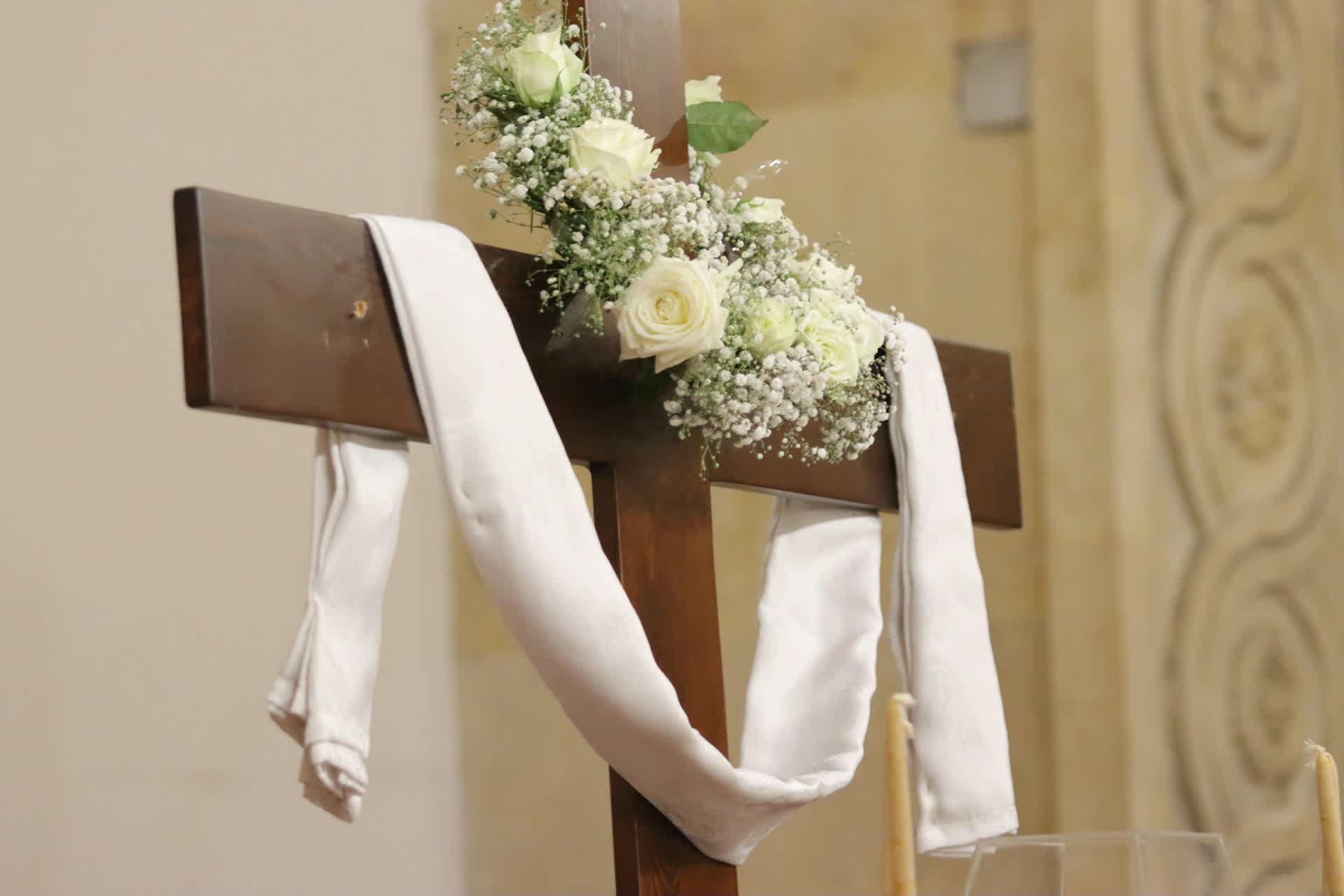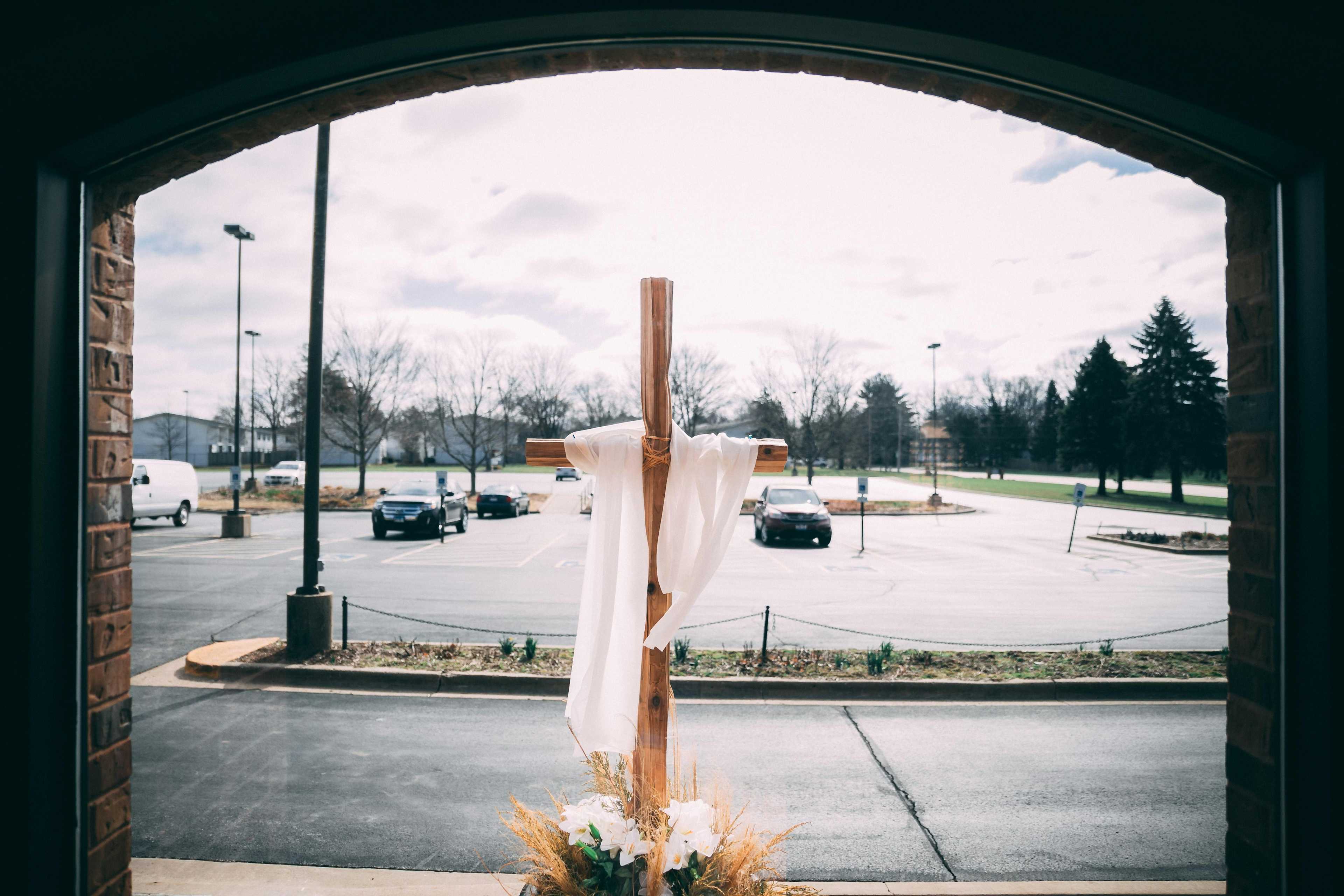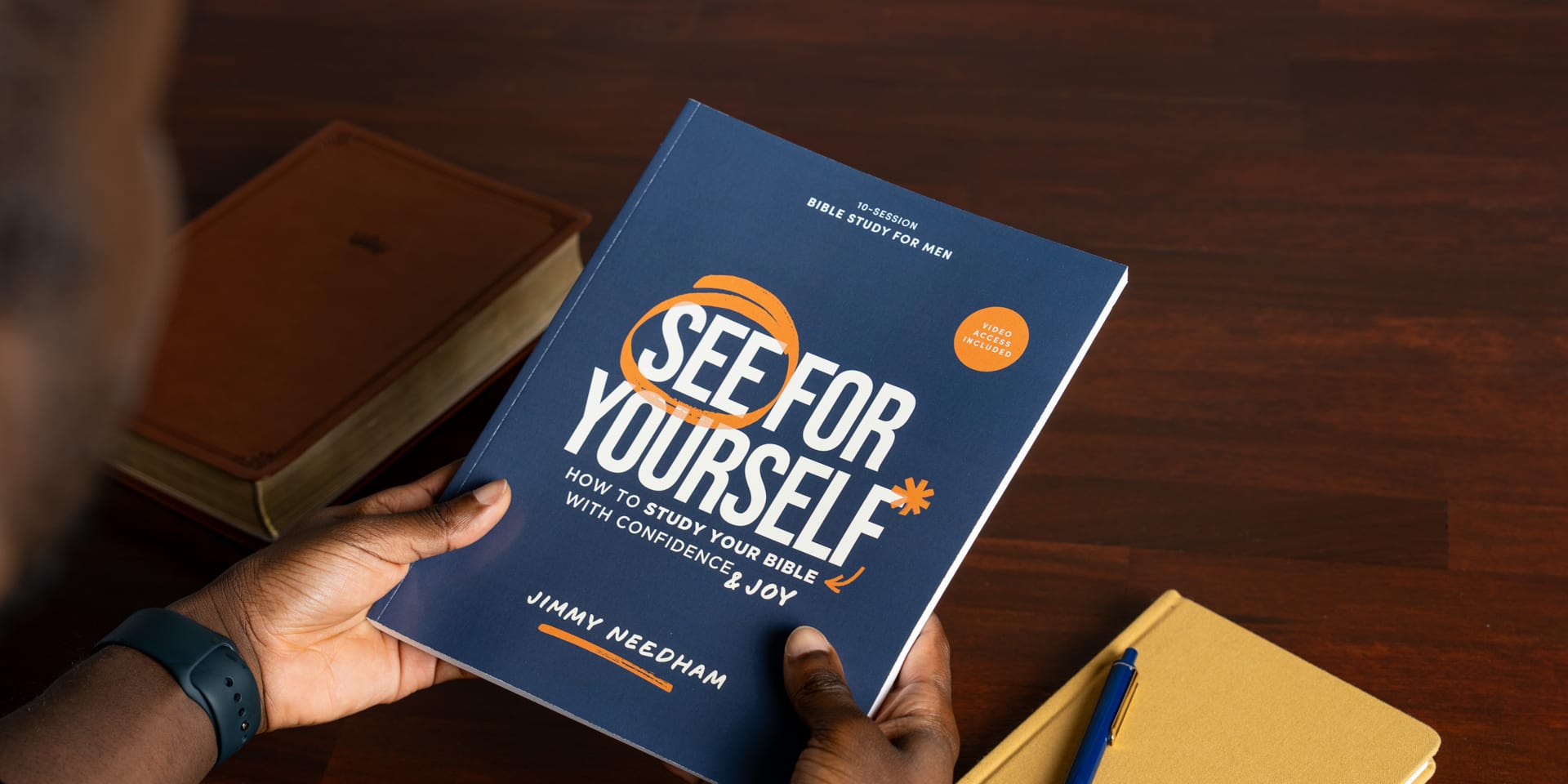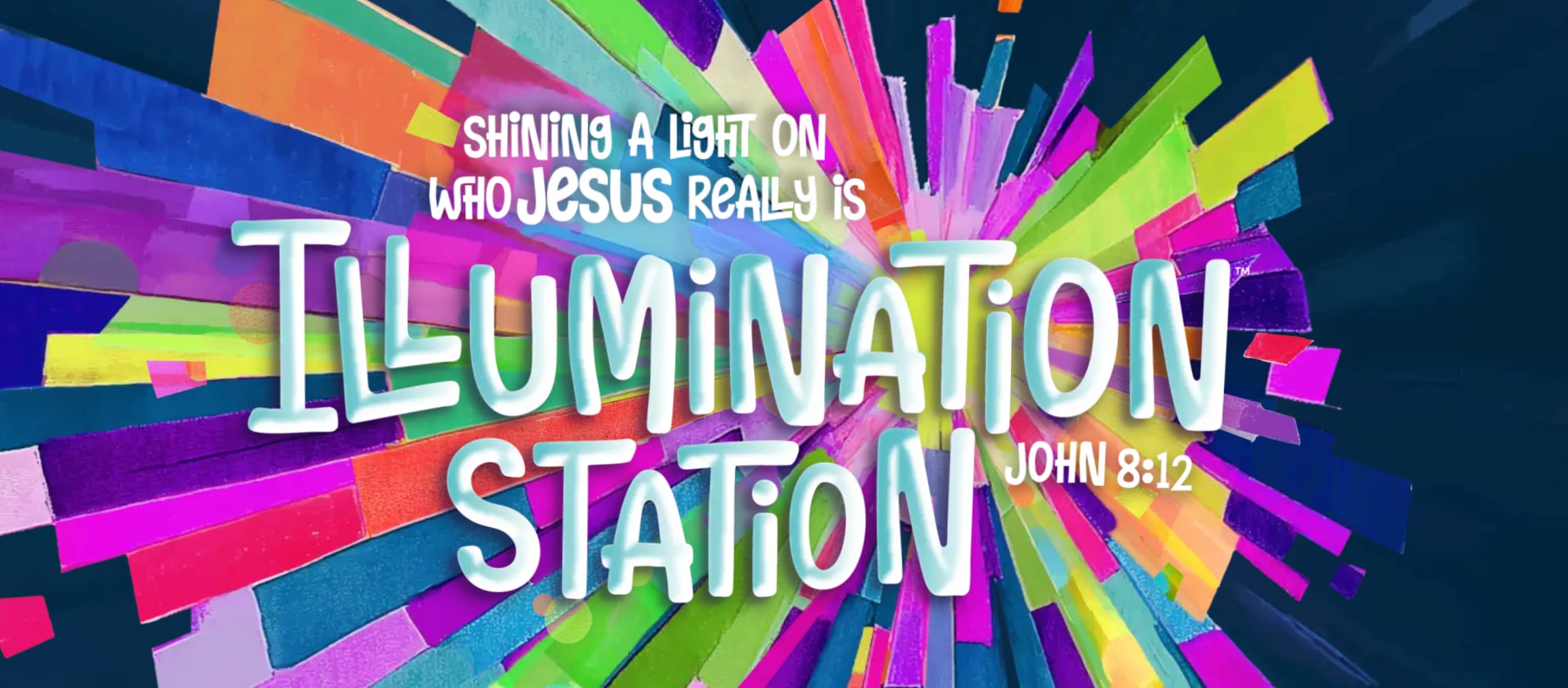
Helpful articles to enrich your Christian walk.
Sermons
Recent
Who is God? Discover what the Bible reveals about God’s nature, character, and relationship with humanity—and why it matters for everyday life.
A personal testimony of moving from routine church involvement to full surrender to Christ, exploring what it truly means to be a disciple and live in wholehearted obedience.
How to identify and prepare for the weeks when your church is most ready to grow.How to identify and prepare for the weeks when your church is most ready to grow.
- Lifeway Pastors
What can business turnarounds teach the church? Discover four biblical principles—believe, love, understand, and clean—to help you reach your community effectively.
Discover practical strategies to follow up with Easter-only attenders and help them connect to ongoing church life through intentional care and personal outreach.
This article is about the various supplies Lifeway has to offer, such as communion supplies, pamphlets, tracts, or seasonal supplies.
- Chasity Phillips
Discover how to study the Bible with confidence and joy as Jimmy and Kelly Needham join Brian Daniel to talk discipleship, Scripture, and lasting faith.
The following tips will not only make the days leading up to VBS more manageable, but possibly even more enjoyable.
- Lifeway Staff
Here are four reasons VBS is critical to the mission of your church—making disciples and reaching your neighbors with the gospel.
Trending
- Olivia Thames
